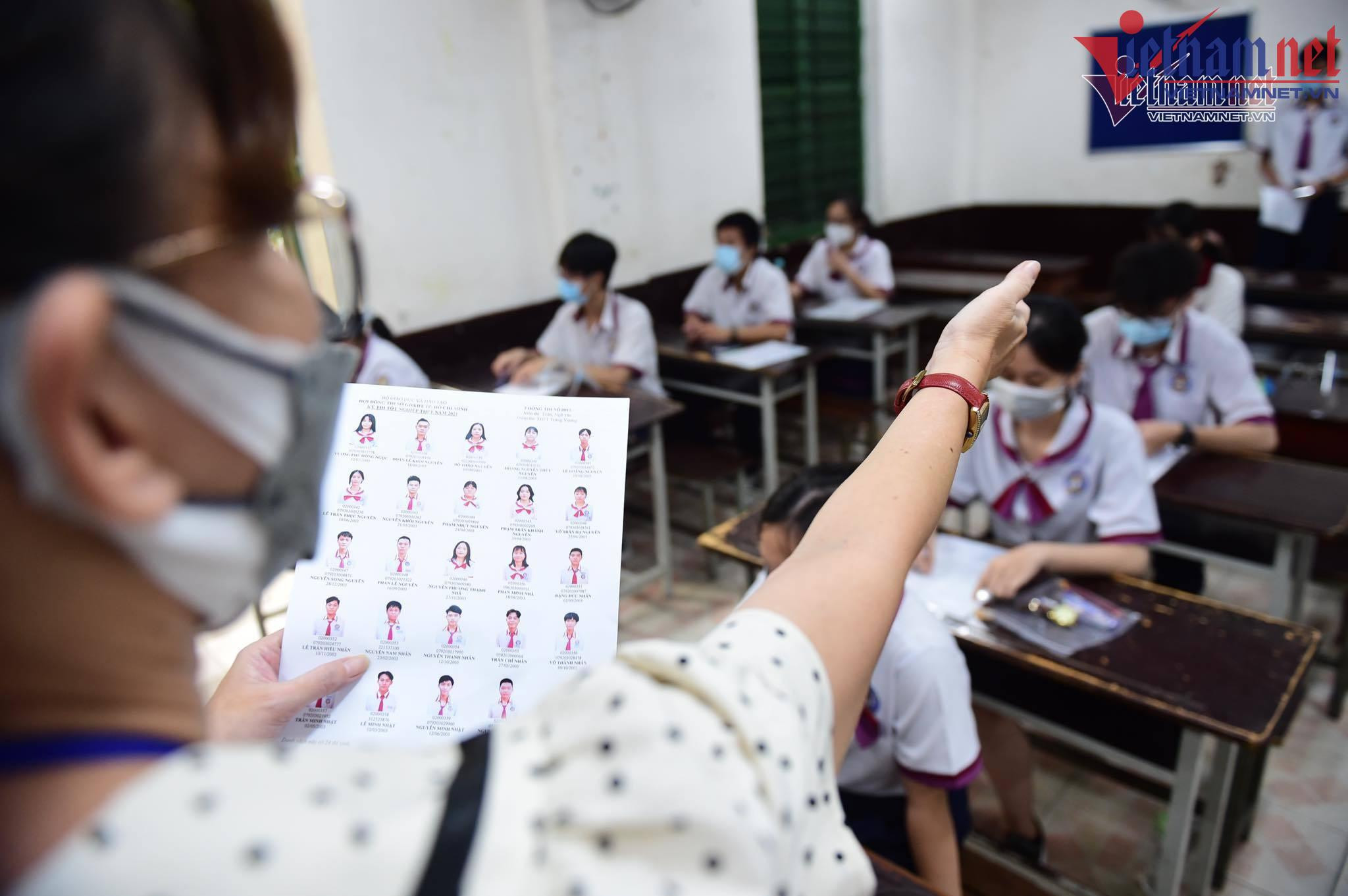
Under the scheme, bonus scores are given to students from suburban areas and remote and difficult areas, while students in large cities with favorable conditions are not covered by the policy.
Some education experts have voiced their protest against the mechanism, which they say is unreasonable because, with the scheme, universities cannot enroll best students.
However, opinions about the scheme vary.
Do Van Dung, former Rector of the HCM City University of Technology and Education, believes that the bonus score scheme must not be removed because the learning conditions of students differ. In addition, it’s necessary to apply the scheme to prepare human resources for remote and difficult areas, and help develop the economy in these areas.
According to Dung, thanks to the bonus score scheme, the number of students from rural and mountainous areas following tertiary education has been increasing. After graduation, many of them return to their hometowns to serve local socio-economic development. Meanwhile, those who stay and work in large cities after graduation can remit money to their relatives in hometowns. The policy has helped reduce the number of lottery ticket vendors from poor provinces.
Dung said that in many cases, students with high exam scores cannot enter university, while students with lower exam scores can. But he blames this on problems in career guidance, not on the bonus score policy. The regional bonus scores have halved since 2018, so there is no advantage for students in large cities.
He said if students get high exam scores but register for few school choices, they may fail to enter university. In this case, students need to blame the failure on themselves.
Only when people throughout the country have equal economic conditions should the Ministry of Education and Training (MOET) abolish the bonus scheme. If this is done now, only students from well-off families would be able to enter universities.
Like Dung, Bui Hoai Thang, head of the training division of the HCM City University of Technology, said the bonus score policy aims at creating fairness for students in different regions who have different conditions to approach general education. The policy has been working well for many years and the students entering schools thanks to bonus scores can do well in school, like the other students who don’t have bonus scores.
According to Thang, the students enjoying bonus scores, when graduating from schools, will help improve the political and economic life in difficult areas, and help produce human resources for socio-economic development in localities.
Meanwhile, Pham Thai Son, Enrollment Director of the HCM City University of Food Industry, thinks that it would be better not to give bonus scores to anyone, because students no longer have difficulties in study. The students who really are in difficult conditions can choose other educational systems such as vocational schools, junior colleges (3-year training), and the students finishing junior colleges can transfer their credits to study at universities.
He said the opportunities of studying at university must be equal to everyone.
Son does not think the bonus score policy will improve human resources for remote and mountainous areas because students from these areas don’t return to their hometowns after graduation, but stay in large cities because of the low salaries they can expect in their hometowns.
He said that it’s necessary to apply other policies to attract workers to difficult areas, rather than the bonus score scheme. For example, those who work in remote and mountainous areas can receive high salaries of VND20-30 million, or they can return to large cities after a certain period of working in remote areas.
Le Truong Tung from FPT University believes that priorities should be given to some groups of students to develop human resources for difficult areas, but it would be better to change the way priorities are given.
Le Huyen